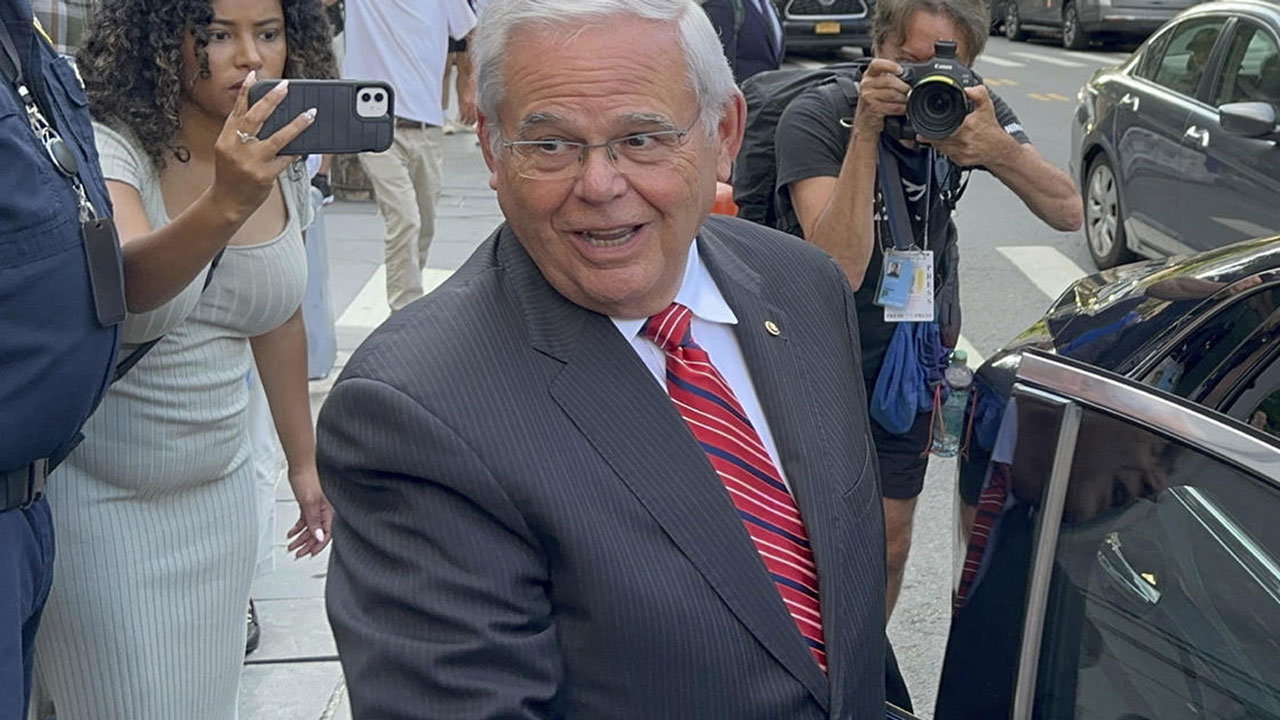Bill focused on Medicaid coverage for school-based services pulled
Sen. Dusty Deevers, R-Elgin, has pulled Senate Bill 1017, a bill he originally introduced that focused on Medicaid coverage for school-based services in Oklahoma.Wednesday, February 5th 2025, 3:50 pm
Sen. Dusty Deevers, R-Elgin, has pulled Senate Bill 1017, a bill he originally introduced that focused on Medicaid coverage for school-based services in Oklahoma.
After meeting with different advocates, he requested the bill be pulled and an audit of school-based Medicaid be initiated in Oklahoma schools, Deevers said in a statement on X.

Deevers stated that the original intent of SB 1017 was to keep parental rights intact in situations where students could receive medical services without parental consent.
He stated that he wants to make sure necessary services for special needs students are protected.
Deevers said he will wait for the results of the audit before pursuing legislative action.
Original Breakdown of SB 1017
Senate Bill 1017 outlined that Medicaid may cover educationally necessary services provided in schools but limits coverage to those defined under the Individuals with Disabilities Education Act (IDEA).
Key Provisions of SB 1017:
- Allows Medicaid to cover school-based services that are educationally necessary for eligible students to receive a free and appropriate public education (FAPE).
- Defines school-based services as specially designed instruction and support services required for a student’s education.
- Prohibits Medicaid from covering services deemed medically necessary rather than educationally necessary.
- Restricts the Oklahoma Health Care Authority from funding school-based healthcare that does not meet the bill’s definition of educational necessity.
Who it Will Affect:
- Eligible Students: The bill impacts students who qualify for services under the Medicaid program and are in need of special education services. This includes students with disabilities or other educational needs requiring special support to access a free and appropriate public education (FAPE).
- Oklahoma Health Care Authority (OHCA): The OHCA will be responsible for implementing these changes in terms of Medicaid coverage for school-based services.
- Schools and Educational Institutions: Schools across Oklahoma, especially those providing special education services, will be directly affected as they will need to align with the new Medicaid coverage rules for educationally necessary services.
What Services it Will Affect:
- Educationally Necessary Services: The bill allows Medicaid to cover services that are essential for a student’s education, as defined by specialized instruction and support services required for them to achieve FAPE. This may include:
- Special education services (e.g., individualized instruction).
- Speech therapy if related to educational needs.
- Occupational therapy for educational purposes (e.g., helping students engage in classroom activities).
- Behavioral therapy and counseling when required for educational participation.
Prohibited Services:
- Medically Necessary Services: The bill excludes services that are medically necessary but not required for educational purposes, such as medical treatments or healthcare services that don’t directly support a student’s learning needs.
- School-Based Health Care: The bill prohibits Medicaid from covering school-based health services that do not directly support the educational process.
In summary, SB 1017 focuses on restricting Medicaid to cover services in schools that are strictly necessary for students to access their education, while excluding broader healthcare or medically necessary services that fall outside of that educational framework.
More Like This
February 5th, 2025
July 16th, 2024
September 21st, 2023
Top Headlines
February 5th, 2025
February 5th, 2025
February 5th, 2025
February 5th, 2025









